-

email us
info@hilltopplumbing.com
-

call us now
604-536-5545
Blog
- Home > Plumbing Tips
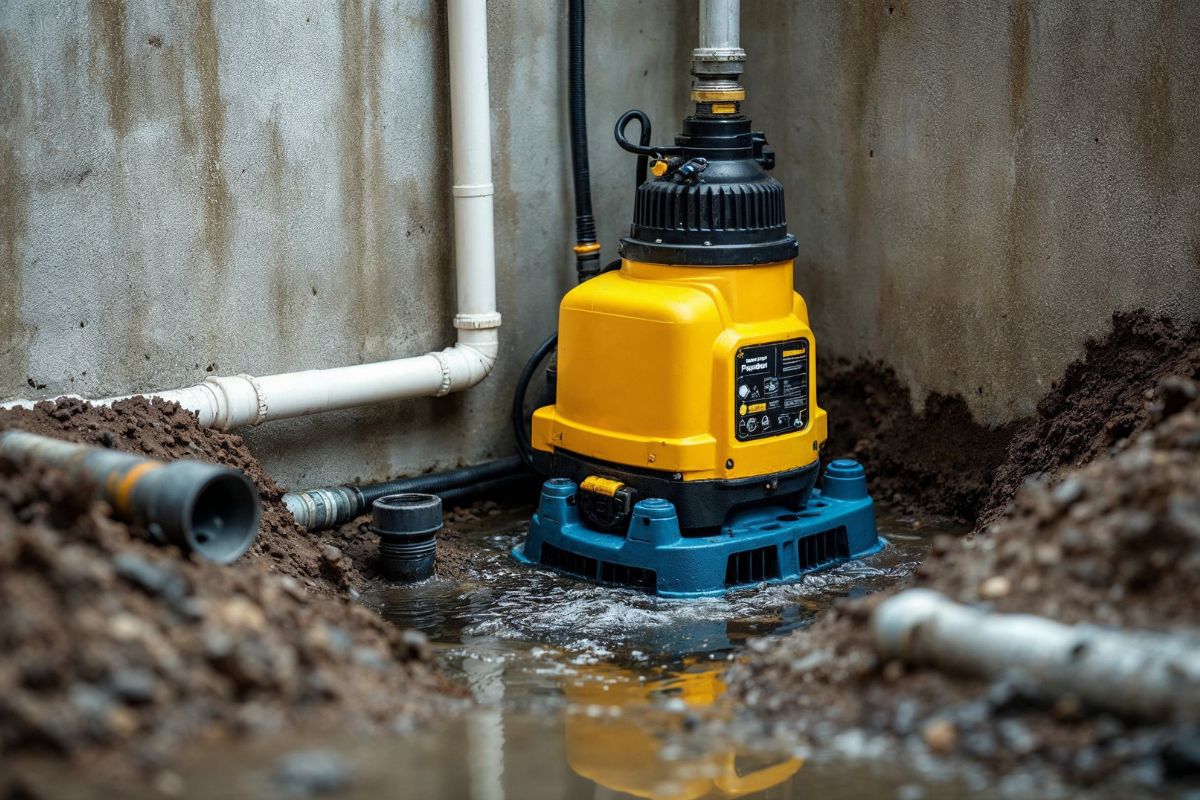
31 May. 2025
How Sump Pumps Work to Protect Your White Rock Home from Flooding
White Rock may be known for its views, but when heavy rains hit, homeowners here face a common water problem, flooded basements. And it doesn’t take a catastrophic storm to cause damage, just poor drainage and bad luck.
That’s where a sump pump steps in.
What Is a Sump Pump?
A sump pump is a compact, motorized device installed at the lowest point of your basement or crawl space. Its job is simple but critical: pump water out before it rises and floods your home. The pump sits in a pit, known as a sump basin, which collects excess groundwater from around your foundation.
Once the water reaches a certain level, the pump turns on and sends it away from your home through a discharge pipe.
How It Works During Heavy Rain
Rainwater doesn’t just disappear. It seeps into the soil and collects around your foundation. When the ground becomes saturated, that water needs somewhere to go, or it finds its way inside.
As water flows into the sump basin, a float switch activates the pump. The system kicks in automatically and redirects water safely away from your home, usually toward a storm drain or dry well. It runs only when needed, meaning it’s quiet, efficient, and always on standby.
Why White Rock Homes Are at Risk
Many homes in White Rock are built near slopes or low-lying areas with high water tables. Combine that with coastal weather patterns and aging drainage systems, and you’ve got a perfect recipe for water trouble.
Don’t Wait for a Flood to Install A Sump Pump
A sump pump isn’t just a backup plan; it’s protection against thousands of dollars in damage. If your White Rock home doesn’t have a sump pump, or if your current one is over 10 years old, now’s the time to act. Contact a professional plumber today to get started.
Hilltop Plumbing & Heating Ltd. is a licensed bonded and insured plumbing and gas fitting company, proudly serving the White Rock and South Surrey area for over 50 years.
Trusted for over four decades, we have been providing plumbing & heating solutions, backed up by our guaranteed workmanship and parts warranty.
- By:steve
- Comments:No Comments

30 May. 2025
New Plumbing Technologies That Improve Your Home’s Efficiency and Comfort
Let’s be real, plumbing isn’t the sexiest part of homeownership. But when something goes wrong, it’s all you think about.
Luckily, new plumbing technologies are changing the game. We’re not talking futuristic pipe dreams either. These are real, accessible upgrades making homes more efficient, more comfortable, and way less stressful to maintain.
So, What’s Actually New in Residential Plumbing?
Plenty. But here’s a quick list of the standouts that are worth considering:
- Smart Leak Detection Systems: These small devices sit on your main water line or near high-risk appliances. If they sense a leak, they send an alert straight to your phone or even shut off your water.
- Tankless Water Heaters: Unlike old-school tanks that heat water 24/7, these heat water on demand. It’s not just a space-saver, it’s an energy-saver too.
- Greywater Recycling Systems: These systems reuse water from showers and sinks for non-potable tasks like flushing toilets. It’s a great option if you’re serious about water conservation.
- Touchless and Smart Faucets: Great for hygiene, better for water usage. Some even connect to your smart home hub to control temperature and flow with your voice.
- PEX Piping: It’s flexible, cheaper to install than copper, and resistant to corrosion and freezing. A quiet hero behind your walls.
Why Should You Care About Plumbing Updates?
Because every one of these updates impacts your bottom line. Lower utility bills. Less water waste. Fewer emergency plumbing calls.
If you’re planning a renovation or even just replacing an old fixture, investing in smart plumbing is one of the few upgrades that makes sense both today and years down the line.
Hilltop Plumbing & Heating Ltd. is a licensed bonded and insured plumbing and gas fitting company, proudly serving the White Rock and South Surrey area for over 50 years.
Trusted for over four decades, we have been providing plumbing & heating solutions, backed up by our guaranteed workmanship and parts warranty.
- By:steve
- Comments:No Comments
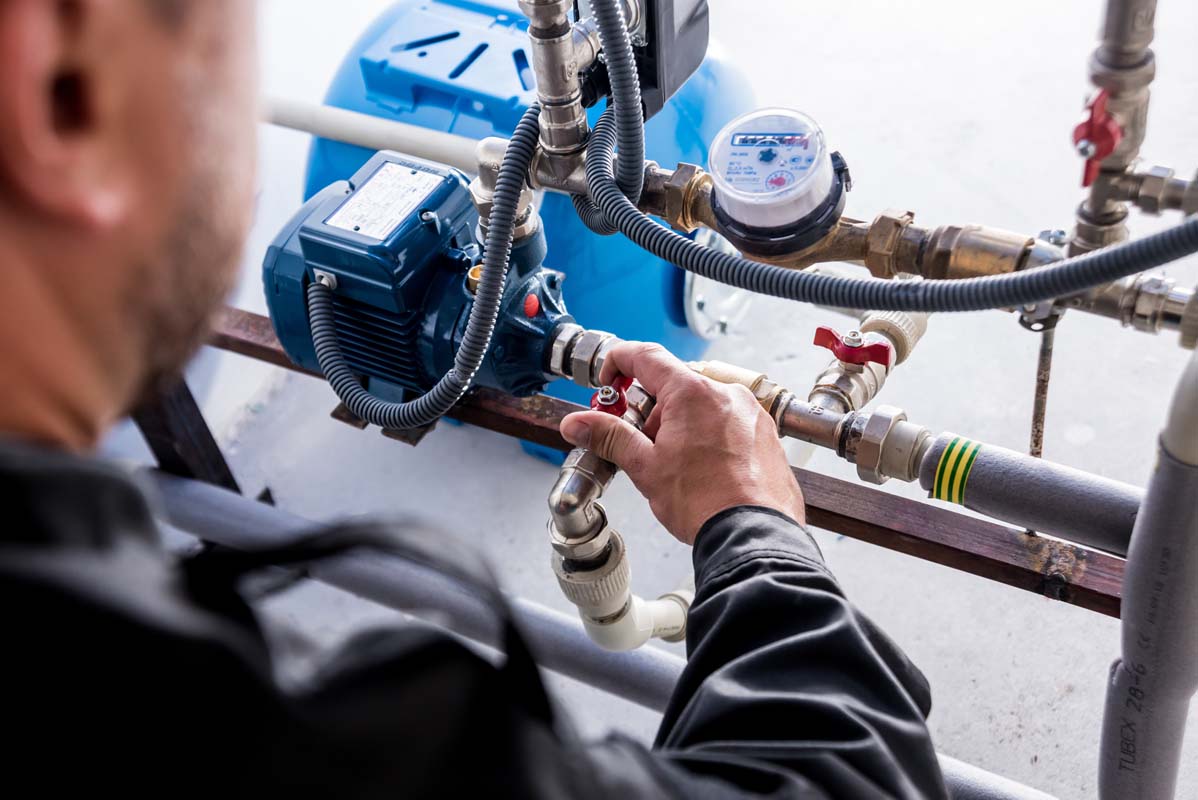
29 Apr. 2025
What’s Typically Involved with Building Plumbing Maintenance in Surrey?
Plumbing is not something most people think about until something goes wrong. But when it does? It’s usually urgent, messy, and expensive. That’s why building plumbing maintenance in Surrey is something better handled before trouble starts.
Whether you’re managing a family home, a rental property, or caring for aging relatives, regular plumbing upkeep can help avoid everything from water damage to cold morning showers.
Here’s What Plumbing Maintenance Usually Covers
Plumbing systems work quietly in the background—until they don’t. A proper maintenance routine checks in on every key area to keep things running smoothly:
- Pipe inspections & leak detection: Small leaks can turn into big headaches. Inspections help spot corrosion, cracks, or signs of wear.
- Drain cleaning: Hair, grease, and debris love to pile up in drains. Regular cleaning keeps things flowing and prevents buildup.
- Water pressure checks: Too much pressure can wear down pipes and fixtures. Not enough? Say goodbye to a decent shower.
- Hot water system maintenance: In Canadian winters, reliable hot water is essential. Annual service keeps heaters efficient and safe.
- Backflow prevention: This keeps your clean water from being contaminated by wastewater—something you definitely don’t want to mix.
- Fixture tune-ups: Toilets, faucets, and tubs get a lot of use. Checking them ensures everything seals properly and functions as it should.
Why It Matters in a Place Like Surrey
Surrey has a mix of old and new constructions, which means plumbing setups can differ dramatically from one building to the next. Some homes may still have aging infrastructure that wasn’t built to today’s standards.
Add in the region’s seasonal extremes—from rainy autumns to below-freezing winters—and you’ve got a recipe for wear and tear. Pipes can freeze, joints can loosen, and drains can back up. Routine maintenance helps prevent those issues before they disrupt daily life.
How Often Should It Be Done?
As a general rule:
- Single-family homes: At least once a year.
- Multi-unit buildings or commercial properties: Twice a year or more, depending on usage.
It’s also smart to schedule maintenance ahead of seasonal shifts—especially before winter hits.
The bottom line is, regular plumbing maintenance is one of those “small effort, big reward” kind of things. It gives peace of mind, prevents costly emergencies, and keeps things comfortable for everyone in the building.
Hilltop Plumbing & Heating Ltd. is a licensed bonded and insured plumbing and gas fitting company, proudly serving the White Rock and South Surrey area for over 50 years.
Trusted for over four decades, we have been providing plumbing & heating solutions, backed up by our guaranteed workmanship and parts warranty.
- By:steve
- Comments:No Comments
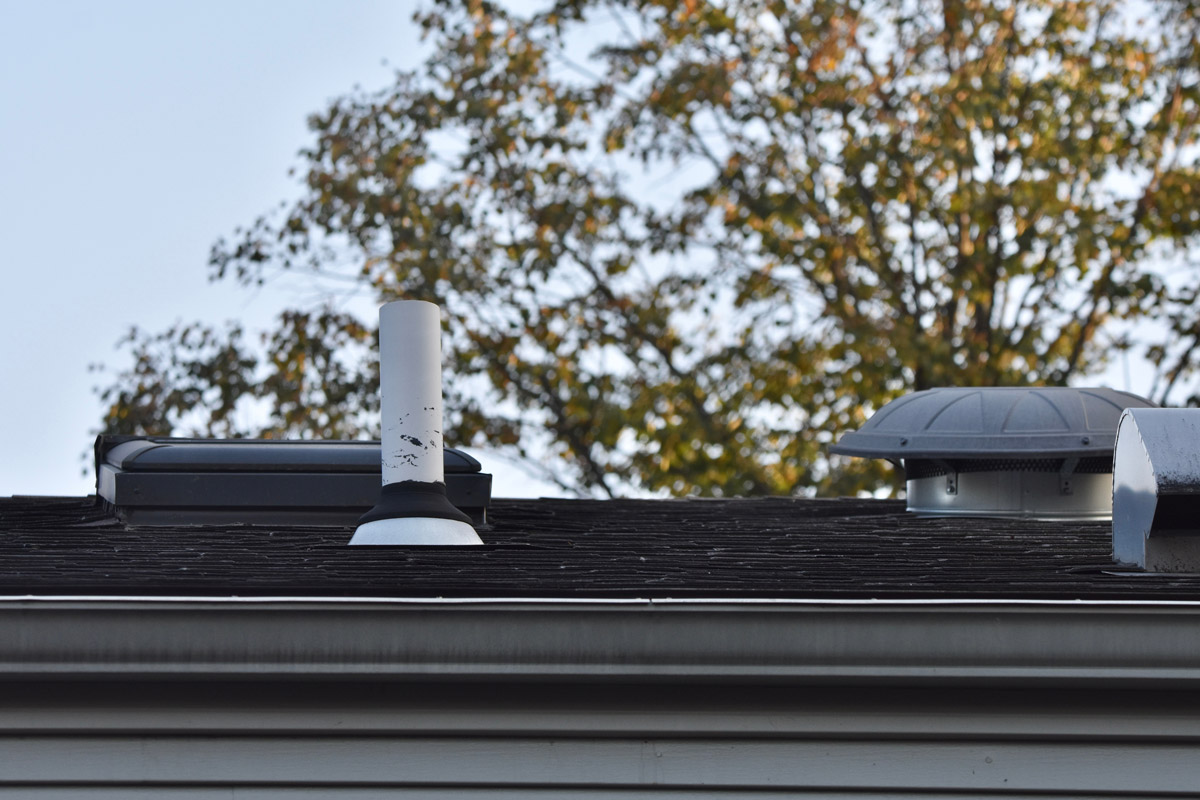
31 Mar. 2025
What Makes Your Surrey Home’s Plumbing Stack So Important
The plumbing system is a fundamental component of your Surrey home, ensuring the efficient removal of wastewater and the supply of clean water. And at the heart of this system lies the plumbing stack.
A plumbing stack, also known as a drain-waste-vent (DWV) system, is a vertical pipe that extends from the main drainage system through the roof of a building. It serves as the central hub for wastewater removal and ventilation, connecting various fixtures such as sinks, toilets, and showers to the sewer line.
Key Functions of the Plumbing Stack
The stack facilitates the downward flow of waste while allowing sewer gases to escape safely above the home. It also performs several other essential functions within your home’s plumbing system, including:
- Ventilation: By venting sewer gases outside, the stack prevents the buildup of harmful and odorous gases within the home.
- Pressure Regulation: It maintains proper air pressure in the drainage system, preventing issues like slow drainage and siphoning of water traps.
The Vital Role of Your Home’s Plumbing Stack
As you can see, the plumbing stack is indispensable to the overall functionality of your Surrey home’s plumbing system. It ensures efficient wastewater removal, proper ventilation, and maintains the balance of air pressure within the pipes.
Understanding its importance and ensuring its proper maintenance can prevent plumbing issues and contribute to a safe and comfortable living environment.
If you have any questions about your plumbing stack, make sure to contact the experts at Hilltop Plumbing today.
Hilltop Plumbing & Heating Ltd. is a licensed bonded and insured plumbing and gas fitting company, proudly serving the White Rock and South Surrey area for over 50 years.
Trusted for over four decades, we have been providing plumbing & heating solutions, backed up by our guaranteed workmanship and parts warranty.
- By:steve
- Comments:No Comments
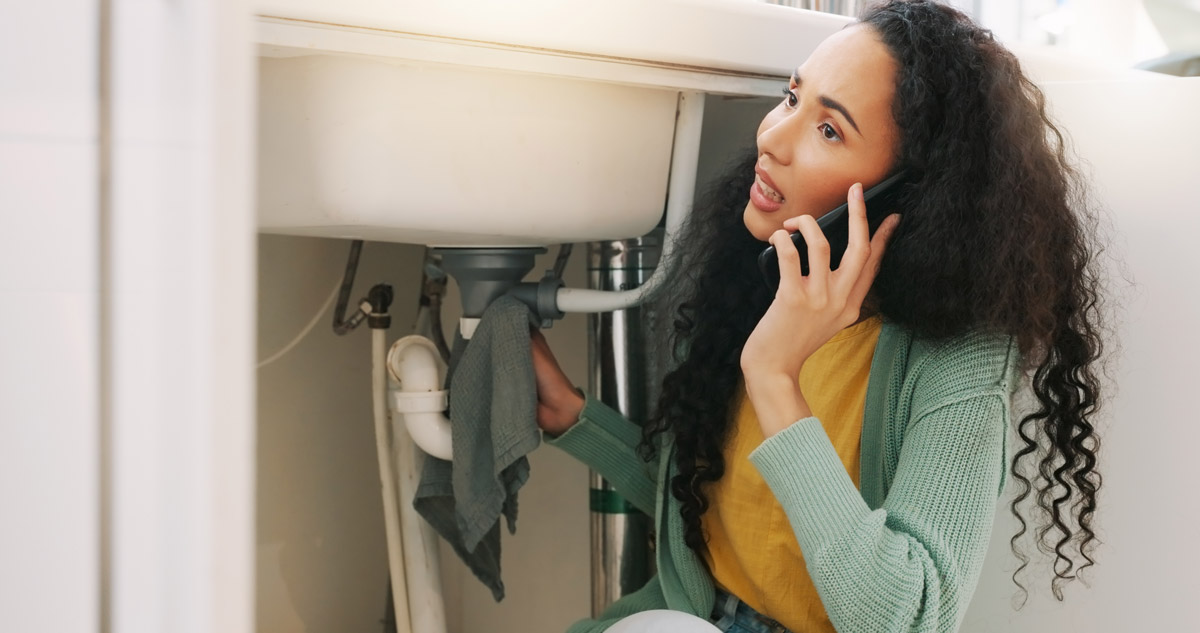
28 Feb. 2025
Top Residential Plumbing Emergencies and What You Can Do
Plumbing emergencies can strike at any time, often when you least expect them. From burst pipes to clogged drains, these issues can cause significant damage to your home if not addressed promptly. That’s why knowing how to handle common residential plumbing emergencies ahead of time can save you time, money, and stress.
Here are the top plumbing emergencies and what you can do to mitigate the damage.
1. Burst or Leaking Pipes
Burst pipes are one of the most severe plumbing emergencies, often caused by freezing temperatures, corrosion, or high-water pressure. A burst pipe can flood your home within minutes, leading to extensive water damage.
What to Do:
- Turn off the main water supply immediately to stop the flow of water.
- Drain the remaining water by turning on all faucets and flushing toilets.
- Call a licensed plumber to repair or replace the damaged pipe.
2. Clogged Drains
Clogged drains are a common issue in kitchens and bathrooms. Over time, hair, grease, food particles, and other debris can accumulate, causing slow drainage or complete blockages.
What to Do:
- Avoid using chemical drain cleaners, as they can damage pipes.
- Use a plunger or a drain snake to remove the clog.
- For stubborn clogs, contact a professional plumber to assess and clear the blockage.
3. Overflowing Toilet
An overflowing toilet is not only messy but also unsanitary. This issue is often caused by a clog in the toilet or a malfunctioning septic system.
What to Do:
- Turn off the water supply valve located behind the toilet.
- Use a plunger to dislodge the clog.
- If the problem persists, call a plumber to inspect the toilet and sewer line.
4. Water Heater Failure
A malfunctioning water heater can leave you without hot water, especially during colder months. Common causes include sediment buildup, a faulty thermostat, or a broken heating element.
What to Do:
- Check the pilot light (for gas heaters) or the circuit breaker (for electric heaters).
- Drain the tank to remove sediment buildup.
- If the issue persists, contact a professional to repair or replace the water heater.
Know What to Do When Emergency Strikes
Residential plumbing emergencies can be stressful and disruptive but knowing how to respond can make all the difference.
Whether it’s a burst pipe, a clogged drain, or a malfunctioning water heater, taking immediate action and calling a professional plumber when needed can prevent further damage and restore your home’s plumbing system efficiently.
Remember, when in doubt, always rely on a licensed plumber to ensure the job is done safely and correctly. Stay prepared, and you’ll be able to tackle any plumbing issue with confidence!
Hilltop Plumbing & Heating Ltd. is a licensed bonded and insured plumbing and gas fitting company, proudly serving the White Rock and South Surrey area for over 50 years.
Trusted for over four decades, we have been providing plumbing & heating solutions, backed up by our guaranteed workmanship and parts warranty.
- By:steve
- Comments:No Comments
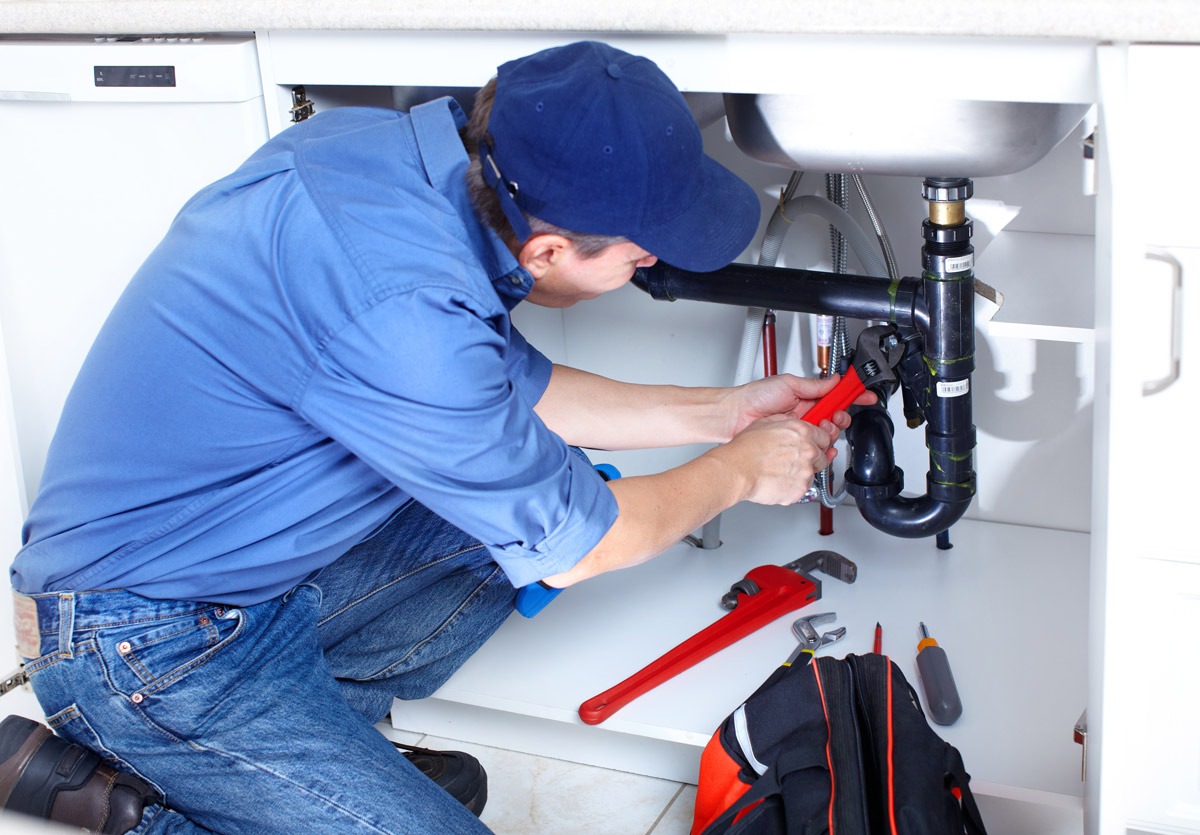
31 Jan. 2025
What Should Routine Plumbing Maintenance for Your White Rock Home Include?
Maintaining the plumbing system in your White Rock home is crucial to ensuring it runs smoothly and efficiently year-round. Because of this, routine plumbing maintenance helps prevent unexpected issues, prolongs the lifespan of your plumbing fixtures, and saves you money on costly repairs.
Whether you’re a new homeowner or simply looking to improve your home’s plumbing maintenance routine, this guide will walk you through the process step by step.
Inspecting for Leaks and Water Damage
One of the most critical aspects of routine plumbing maintenance is checking for leaks, as even a small leak can lead to significant water damage and mold growth if left unnoticed.
To check for water damage, inspect under sinks, around appliances like dishwashers and washing machines, and along exposed pipes for any signs of moisture or discoloration.
If you notice water stains, musty odors, or a spike in your water bill, it might indicate a hidden leak.
Drain Cleaning and Prevention of Clogs
Clogged drains are a common issue that can lead to slow drainage and backups if not addressed.
A monthly routine of flushing drains with a mixture of hot water, baking soda, and vinegar can help break down minor buildups naturally. However, for deeper clogs, it’s best to schedule professional drain cleaning services. Our team at Hilltop Plumbing provides hydro-jetting and specialized drain cleaning services to keep your pipes flowing freely without causing damage to your plumbing system.
Keep Your White Rock Home’s Plumbing in Top Shape
These are just two examples of routine plumbing maintenance, but there are a lot more steps involved.
If you’re looking for professional plumbing maintenance services in White Rock, Hilltop Plumbing is here to help. Contact us today to schedule a full inspection, and we can help you determine a routine maintenance schedule that meets your needs.
Hilltop Plumbing & Heating Ltd. is a licensed bonded and insured plumbing and gas fitting company, proudly serving the White Rock and South Surrey area for over 50 years.
Trusted for over four decades, we have been providing plumbing & heating solutions, backed up by our guaranteed workmanship and parts warranty.
- By:steve
- Comments:No Comments
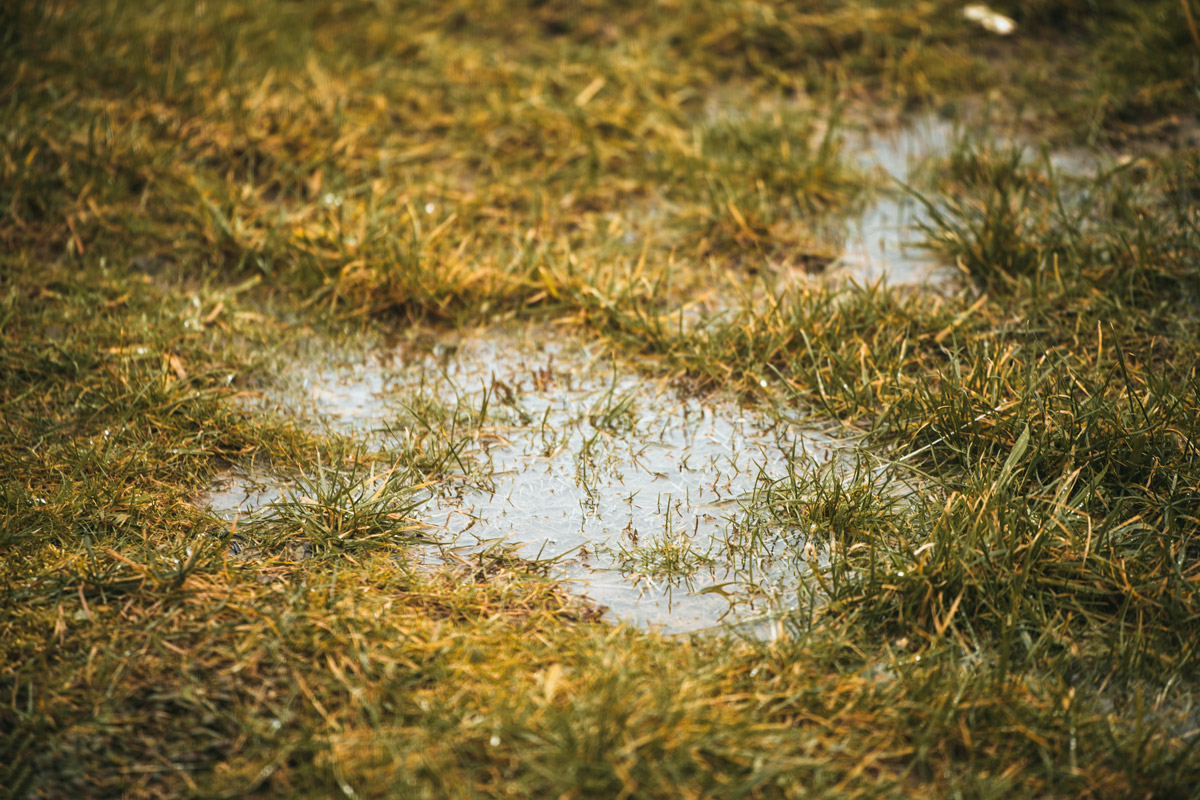
29 Dec. 2024
How Do You Know If Your Main Water Line Is Broken?
Your main water line serves as the lifeline connecting your home to the municipal water supply. The main purpose of a water main line is to deliver fresh, clean water to your faucets, showers, and appliances, ensuring your household runs smoothly. And because it is typically buried underground, this vital pipe is often out of sight and out of mind—until something goes wrong.
Signs Your Main Water Line May Be Broken
Unexplained Water Bill Spikes
One of the earliest signs of a broken main water line is an unexpected increase in your water bill. If your usage hasn’t changed but your bill has surged, it might indicate a hidden leak in the main water line.
Wet Spots or Puddles in Your Yard
Another red flag is persistent wet spots or pooling water in your yard, especially when it hasn’t rained. These soggy areas occur when water is leaking out from the water main line, and often indicate a problem beneath the surface.
While it might seem minor at first, any unexplained puddle in your yard is worth investigating. Left unresolved, this issue can lead to sinkholes, erosion, and long-term damage to your property.
Wrapping Up: How to Identify a Broken Main Water Line
Recognizing the signs of a broken main water line—like unexpected water bills and unusual wet spots—can save you time and money. But the most important thing to do is act.
If you suspect an issue, act quickly to minimize damage and restore your water supply. Contact an experienced plumber immediately, and they can assess the state of your water main line.
Hilltop Plumbing & Heating Ltd. is a licensed bonded and insured plumbing and gas fitting company, proudly serving the White Rock and South Surrey area for over 50 years.
Trusted for over four decades, we have been providing plumbing & heating solutions, backed up by our guaranteed workmanship and parts warranty.
- By:steve
- Comments:No Comments
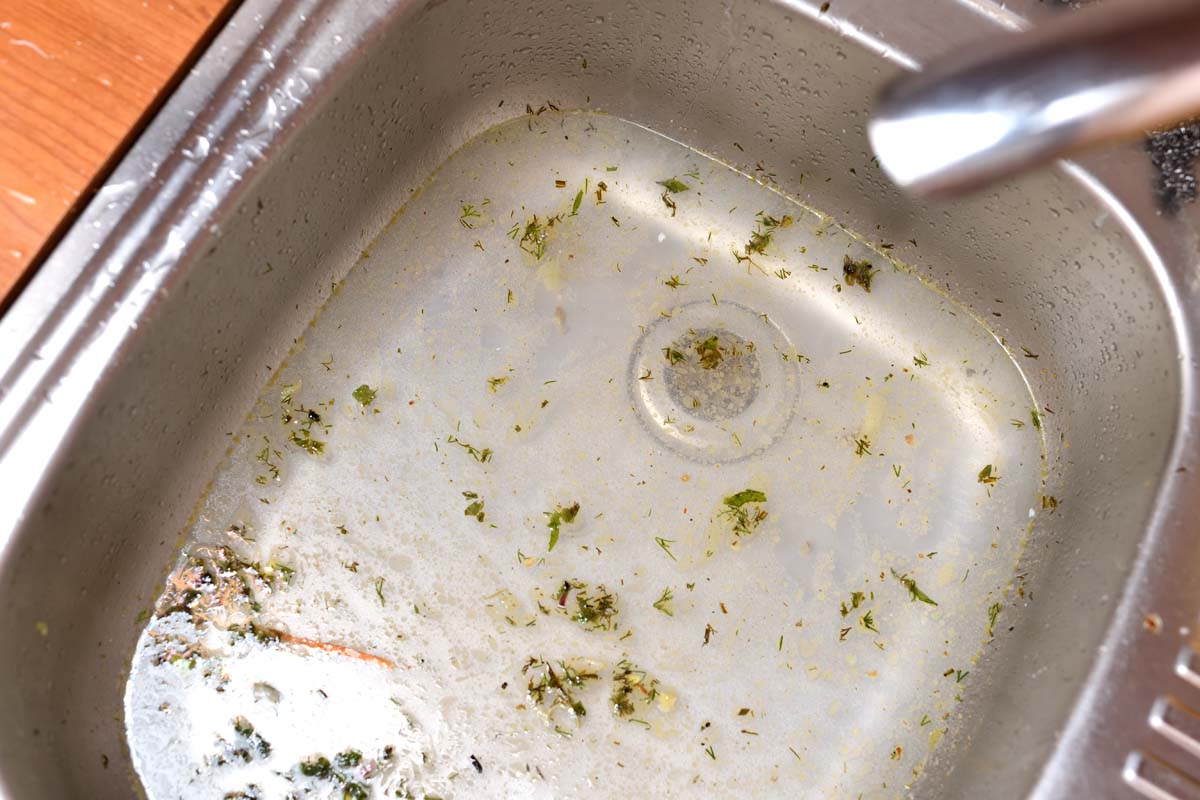
27 Nov. 2024
Common Winter Plumbing Issues and How to Avoid Them
As winter approaches, the air turns crisp, and temperatures drop, which means our homes face new challenges—especially the plumbing system. Cold weather can wreak havoc on pipes and fixtures, leading to expensive repairs if not addressed early.
The good news is that understanding common winter plumbing issues and taking preventative measures can save you from headaches and unnecessary costs.
Frozen Pipes
When temperatures plummet, standing water inside pipes can freeze, causing them to expand and potentially burst.
Burst pipes lead to flooding, water damage, and costly repairs. The risk is especially high for pipes in unheated areas, like basements, attics, or exterior walls.
To prevent frozen pipes, you need to insulate them. Use foam covers on exposed pipes and seal gaps in walls or foundations to keep the cold air out. Another essential step is to keep faucets dripping slightly during extreme cold, this keeps water moving, which reduces the risk of freezing.
Clogged Drains
Winter holidays often mean cooking, hosting guests, and increased water usage—all of which put extra strain on your drains.
Grease from cooking, food particles, and other debris can build up and cause blockages, leading to slow drains or complete clogs.
To avoid clogs, dispose of grease properly and never pour it down the drain. Instead, collect it in a container and throw it away once it solidifies.
Regularly flushing your drains with hot water and a bit of baking soda can also help break down minor buildups.
Staying Ahead of Winter Plumbing Problems
Understanding and addressing common winter plumbing issues ensures your home remains warm, dry, and worry-free throughout the season.
Frozen pipes and clogged drains are two major challenges, but with a proactive approach, they’re entirely manageable. Take the time to prepare your plumbing system before the cold sets in, and you’ll thank yourself when you’re enjoying a cozy winter evening without plumbing surprises.
Hilltop Plumbing & Heating Ltd. is a licensed bonded and insured plumbing and gas fitting company, proudly serving the White Rock and South Surrey area for over 50 years.
Trusted for over four decades, we have been providing plumbing & heating solutions, backed up by our guaranteed workmanship and parts warranty.
- By:steve
- Comments:No Comments
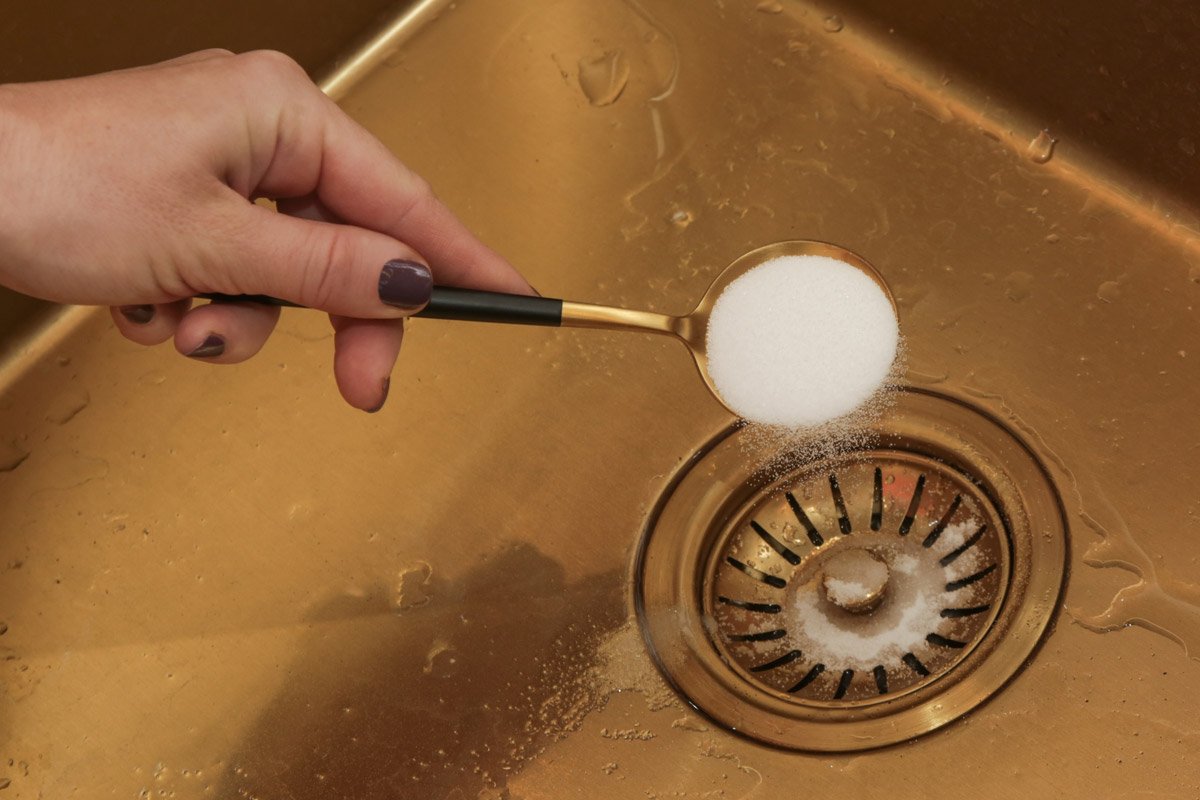
25 Sep. 2024
Causes of Slow Drain in Your Home, and How It Can Be Resolved
Slow drainage can occur unexpectedly at any time and can disrupt daily activities like showering, cooking, and cleaning. Just imagine standing ankle-deep in soapy water during a shower or waiting ages for your sink to empty after washing dishes, but nothing happens.
Not only does this predicament test your patience, but it may also signify more significant plumbing issues lurking beneath the surface.
Common Causes of Slow Drains
There are a few reasons why you may be experiencing a slow drain.
Over time, hair, soap residue, grease, and food particles accumulate inside pipes. These elements create clogs that restrict water flow and worsen as more debris sticks to the blockage.
Beyond this, minerals from hard water can form scale on pipe walls. This buildup narrows the diameter of pipes, which slows down water drainage dramatically.
Another factor to consider is external causes. For example, tree roots can infiltrate sewer lines through tiny cracks or joints seeking moisture. These roots expand inside the pipes, creating substantial obstructions that slow down the drainage system.
So how can you address these problems?
Try This Simple Baking Soda and Vinegar Technique
Dealing with a slow drain might seem daunting but it’s often easier to fix than you’d think.
One popular DIY solution for treating debris buildup and scale involves baking soda and vinegar.
Start by pouring half a cup of baking soda down the drain followed by half a cup of white vinegar. This combination creates a fizzing reaction that helps break down debris clogs. After about 15 minutes, flush the drain with boiling water to clear out any remaining blockage.
Remember to use protective gloves when handling hot water and keep small children away from the area until you’re done.
Contact a Professional Plumber
While DIY methods can be effective for minor blockages, root blockage, and persistent slow drains require expert intervention.
A professional plumber can accurately diagnose underlying issues using advanced tools such as video pipe inspection cameras and implement comprehensive solutions ensuring long-term performance rather than temporary relief.
For instance, a plumber can use hydra-jetting to clean pipes much more effectively than household chemicals alone.
A slow drain is a common yet frustrating problem in many households caused by various factors. While simple remedies like baking soda and vinegar might offer quick fixes for minor clogs, persistent issues require professional expertise to prevent further complications.
If you’re experiencing recurring slow drainage problems despite trying all the basic tricks—give yourself peace of mind by consulting an experienced plumber to resolve these issues once and for all.
Hilltop Plumbing & Heating Ltd. is a licensed bonded and insured plumbing and gas fitting company, proudly serving the White Rock and South Surrey area for over 50 years.
Trusted for over four decades, we have been providing plumbing & heating solutions, backed up by our guaranteed workmanship and parts warranty.
- By:steve
- Comments:No Comments
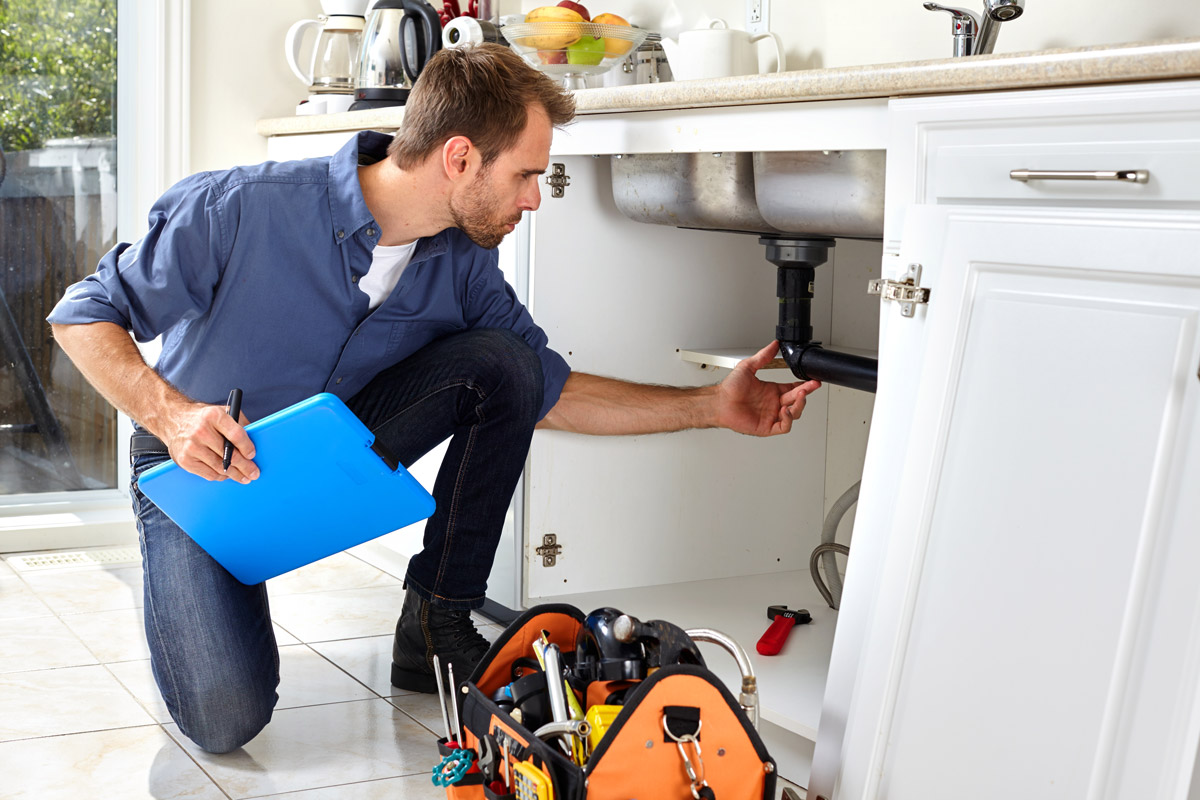
31 Aug. 2024
The Most Common Residential Plumbing Emergencies
Plumbing and pipes are the lifelines of a home’s functionality, as they deliver clean water for drinking, cooking, and bathing. They also play a critical role in removing wastewater from our property efficiently. The best part is that these systems quietly work behind the scenes every day, making modern life comfortable and convenient.
However, pipes and plumbing are not invincible, and they’re often subject to the following common problems that can lead to emergencies.
1. Burst Pipes
Burst pipes are one of the most common plumbing emergencies and occur when a sudden pipe rupture creates a massive leak that can cause significant water damage.
These bursts usually happen when temperatures drop sharply in winter, causing the water inside pipes to freeze and expand. Material is another factor to consider, as old or corroded piping is more prone to rupturing under pressure.
The best way to minimize the threat of burst pipes involves shutting off the main water supply immediately after detecting a burst and calling a plumber for an urgent repair or replacement of the damaged section.
2. Clogged Drains
Clogged drains are another frequent issue homeowners face. Over time, hair, soap scum, grease, and other debris can accumulate in your drains, leading to slow drainage or complete blockages.
This problem often starts small but can escalate if not addressed swiftly, causing bad odors and even flooding in extreme cases.
The most common solutions for a clogged drain include using a plunger or over-the-counter drain cleaners as a first line of defense. For persistent clogs, it’s best to call a professional who can use specialized tools (drain snakes) to clear out the blockage completely.
3. Water Heater Failure
Water heaters ensure our showers are warm and comfortable, making them essential for daily routines. Yet, failure in these machines can occur, catching homeowners off guard and disrupting their schedules.
Water heater issues often stem from sediment build-up in the tank, faulty thermostats, or deteriorated heating elements. Some signs include fluctuating water temperatures or strange noises coming from the heater.
Depending on the severity, solutions range from routine maintenance to full replacements by professionals trained in handling electrical components safely. Fixing a water heater is not easy, and contacting a professional plumber is the best course of action.
4. Overflowing Toilets
An overflowing toilet is not only messy but also poses sanitation risks. Blockages caused by too much toilet paper or foreign objects in the pipes can force wastewater back up into your home.
Temporary fixes might involve using a plunger or a plumbing snake, but these are often just stopgap measures. Persistent issues could indicate deeper sewer line problems, requiring professional diagnosis and repair efforts beyond DIY capabilities.
Additionally, failing to address the issue promptly can lead to more severe damage and costly repairs down the line, including potential harm to your home’s flooring and walls.
5. Leaky Faucets
Leaky faucets seem harmless initially but should never be ignored as they lead to higher utility bills.
Leaks commonly result due to worn-out washers within faucets themselves, which impacts the overall structural integrity of handles and valves.
If left unchecked, these minor leaks can escalate into major plumbing issues, requiring more extensive repairs or even replacements.
While plumbing systems are integral to our everyday lives, they can also be prone to common and sometimes urgent issues. From burst pipes to overflowing toilets, household plumbing emergencies require swift and effective action to minimize damage and restore functionality.
If you’re facing any of these common residential plumbing emergencies or have concerns about your home’s plumbing system, don’t hesitate to act, as calling a professional plumber can save you time, money, and stress in the long run.
Hilltop Plumbing & Heating Ltd. is a licensed bonded and insured plumbing and gas fitting company, proudly serving the White Rock and South Surrey area for over 50 years.
Trusted for over four decades, we have been providing plumbing & heating solutions, backed up by our guaranteed workmanship and parts warranty.
- By:steve
- Comments:No Comments
VISIT US:
1341 Johnston Road, White Rock
EMAIL US:
info@hilltopplumbing.com
CONTACT US:
(604) 536-5545
